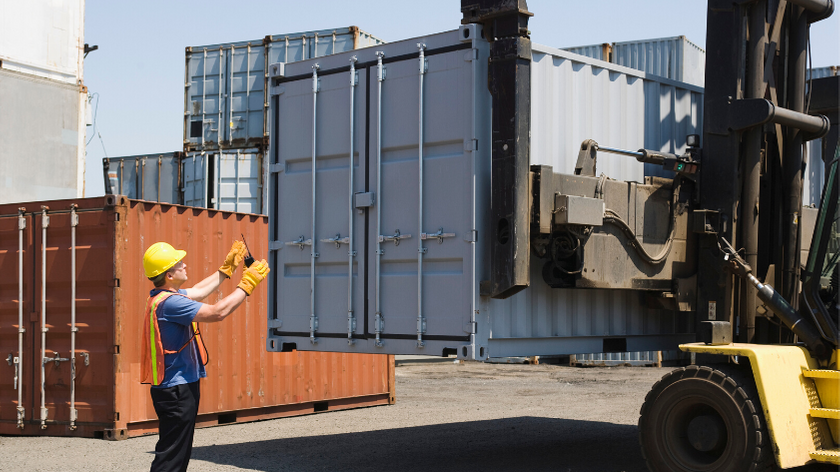Sends letter to President Trump expressing concern over tariff deferral
Washington. The Coalition for a Prosperous America (CPA) sent a letter to President Trump today expressing concern about a decision by the Treasury Department and US Customs and Border Protection (CBP) to postpone duties on many imports for 90 days. CPA believes that the deferral of tariffs on these goods, including textiles, will increase imports and make it harder for CPA’s member companies to retain employees and continue operations.
“The president and his team have taken many important and necessary steps on trade to rebuild American production,” said CPA Chair Dan DiMicco. “We’re pleased to see that anti-dumping and countervailing duties will remain in place, including Section 201, 232, and 301 duties. However, postponing some tariffs on imports from trade-cheating or low-wage countries—especially in a pandemic downturn—will harm recovery efforts. We are urging President Trump to hold the line on further tariff reductions.”
DiMicco explained, “Our members are fighting for market share every day, and even more so during the current crisis when consumers aren’t buying goods. Deferring tariffs will simply increase imports and make it harder for our members to avoid laying off employees.”
Since 2018, the Trump administration has imposed anti-dumping and countervailing duties in response to dumping, intellectual property theft, and other predatory practices by America’s trade competitors. As CPA’s research team has reported, these tariffs have helped to rebuild capacity in key industries as domestic companies have invested in new equipment and operations. But companies in import-sensitive industries like textiles, automotive equipment, ventilator parts, and glassware would be adversely affected by a postponement of this tariff collection.
“Import duty deferral should not be used as a COVID remedy,” said Michael Stumo, CEO of the CPA. “A lack of cheap goods didn’t cause our economic problems. We recently informed President Trump of more than 600 domestic manufacturers who stand ready to produce needed COVID response items. Many others are now working day and night to assist in this effort. Let’s ensure that they’re supported first—and that we don’t reward countries like China for exporting textiles and other goods at below-market-value.”
Stumo added, “Washington’s COVID response should focus on strengthening domestic industries by tackling a rising US dollar—which is eroding America’s export competitiveness. Congress should rebuild vital US infrastructure through a ‘Made in America 2030’ program that incorporates Buy American rules. And it must adopt an industrial strategy to rebuild key US industries like medical supplies, pharmaceuticals, broadband infrastructure, and alternative energy technology.”
Read more about Made in America 2030.












